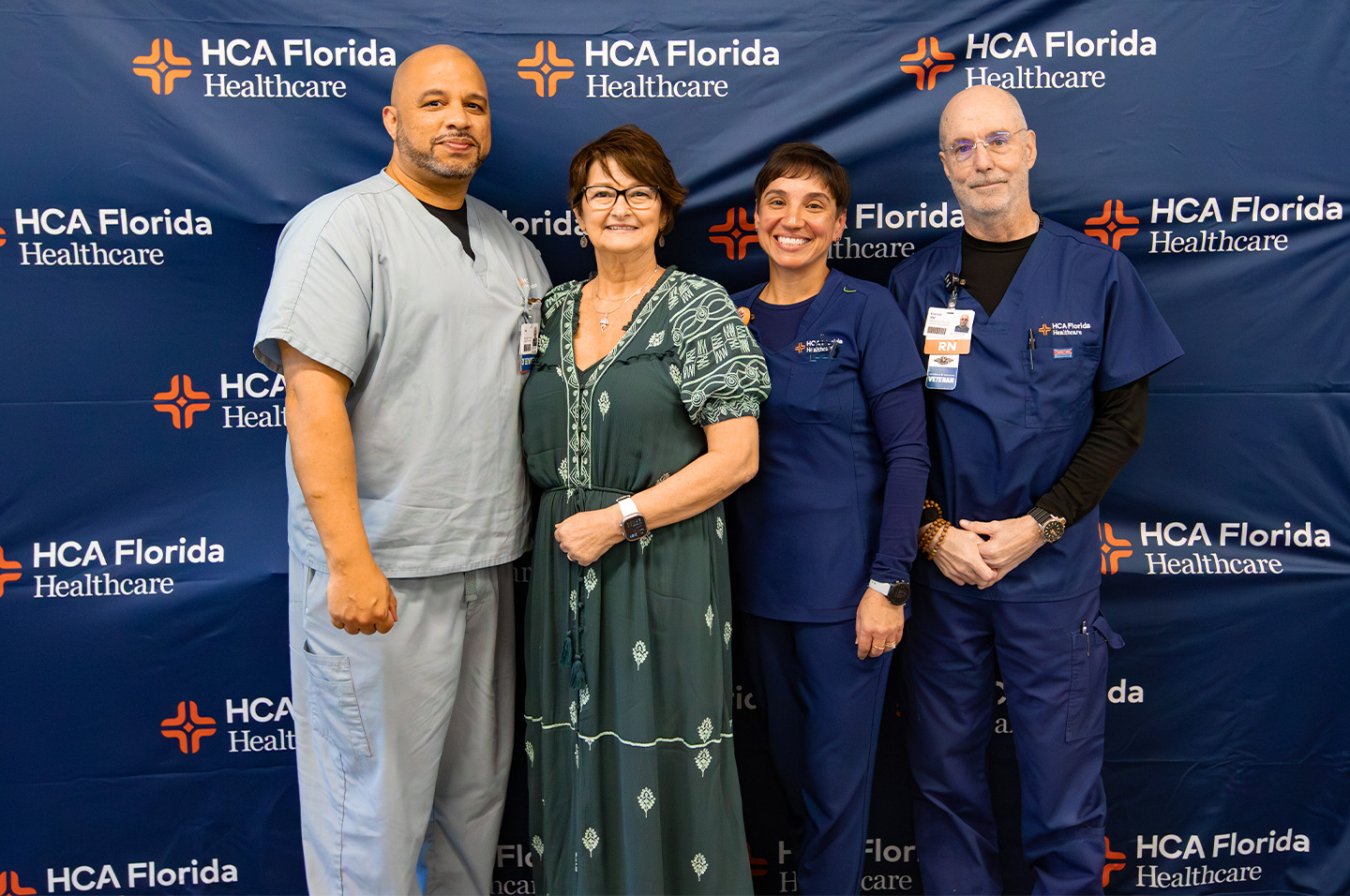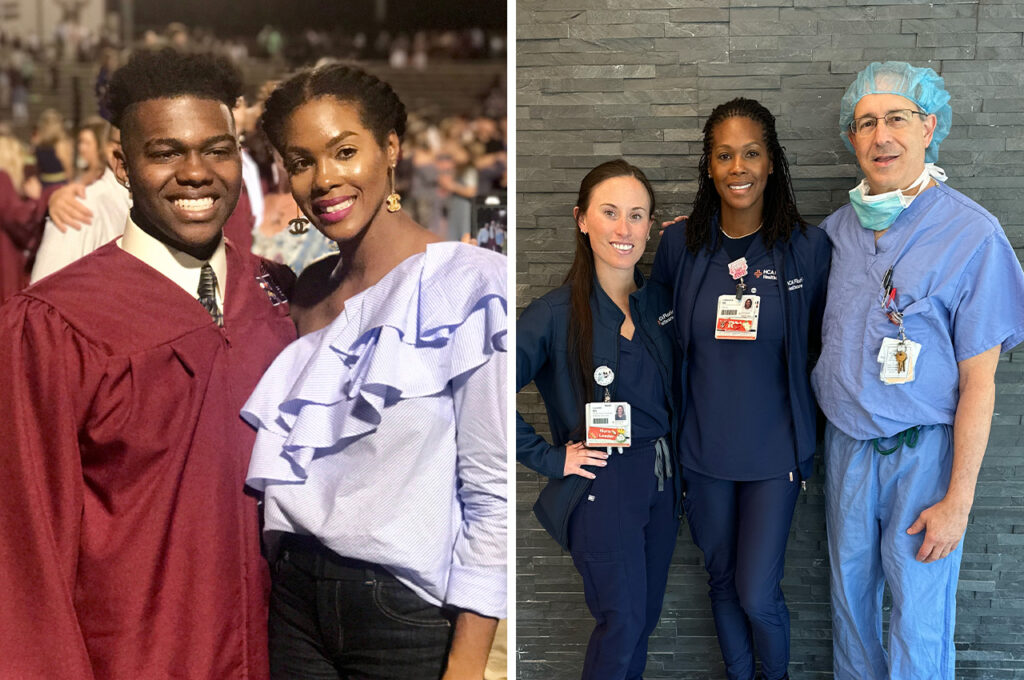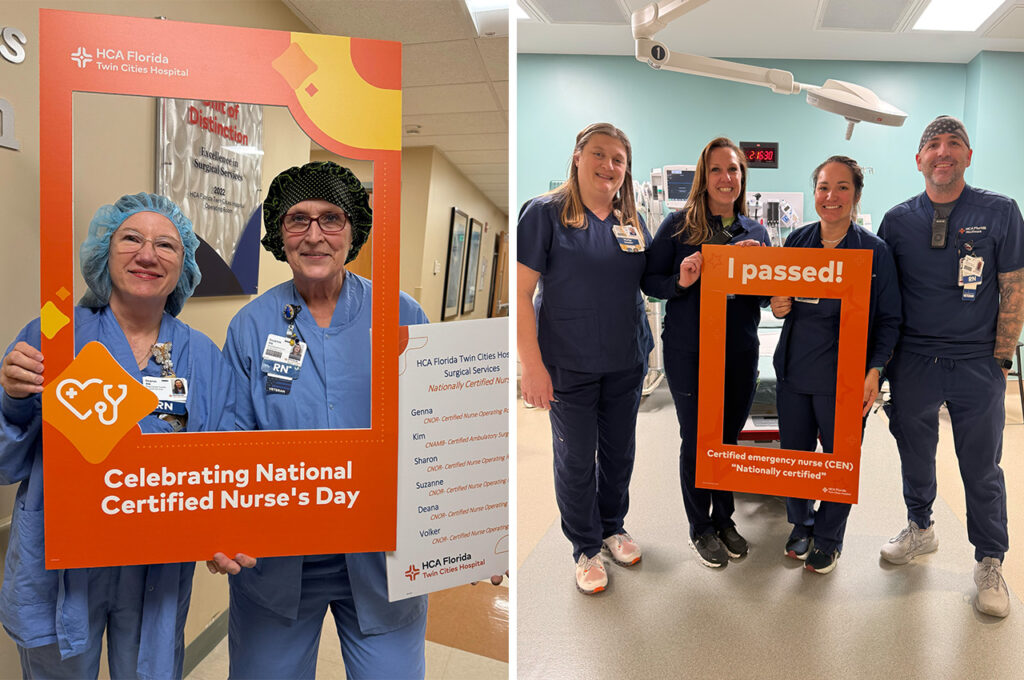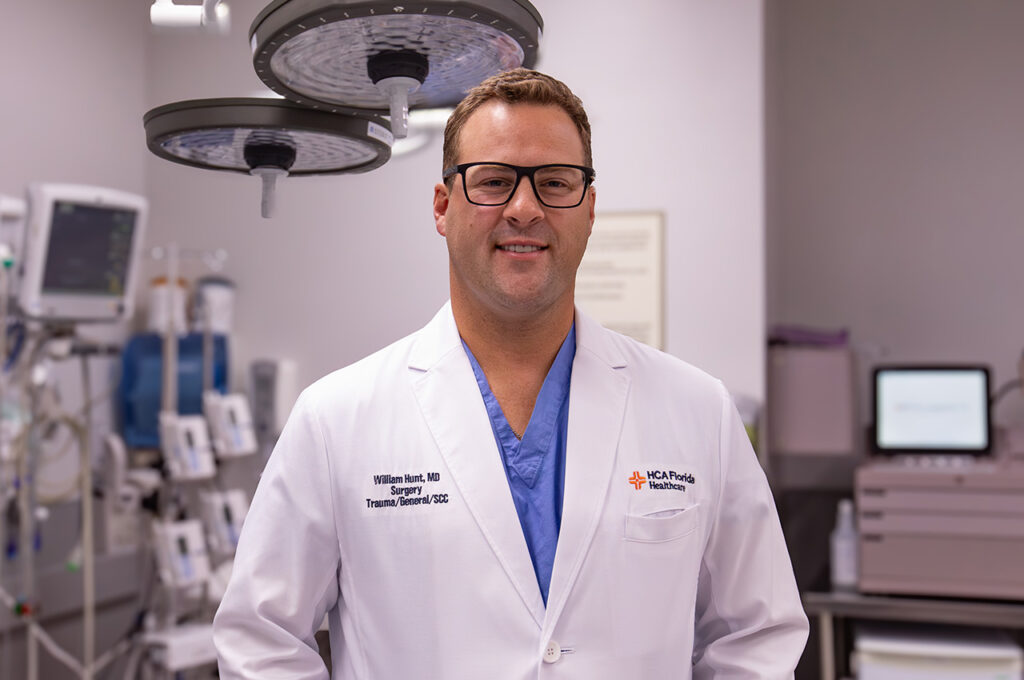HCA Florida Fort Walton-Destin Hospital held a media day and open house last month for its Cardiac Rehabilitation Center, highlighting the facility’s comprehensive approach to improving patients’ heart health.
- February was American Heart Month, making it an opportune time to showcase the rehabilitation program and its impact on the local community since opening about eight years ago.
“Our cardiac rehab program provides a holistic strategy to enhance patients’ overall well-being,” said Jessica Bailey, Assistant Chief Nursing Officer. “The wrap-around care focuses on medically supervised exercise, nutritional counseling, stress management and emotional support.”
The program aims to set clear, achievable goals for each patient, targeting improved cardiovascular health and preventing worsening of existing conditions. Through monitored exercise regimens tailored to individuals’ needs, educational sessions about lifestyle changes and emotional support systems, participants can regain control of their body weight, lower cholesterol and reduce risks of future cardiac events.
- To enroll, patients need a physician’s referral verifying the medical necessity of supervised rehabilitation.
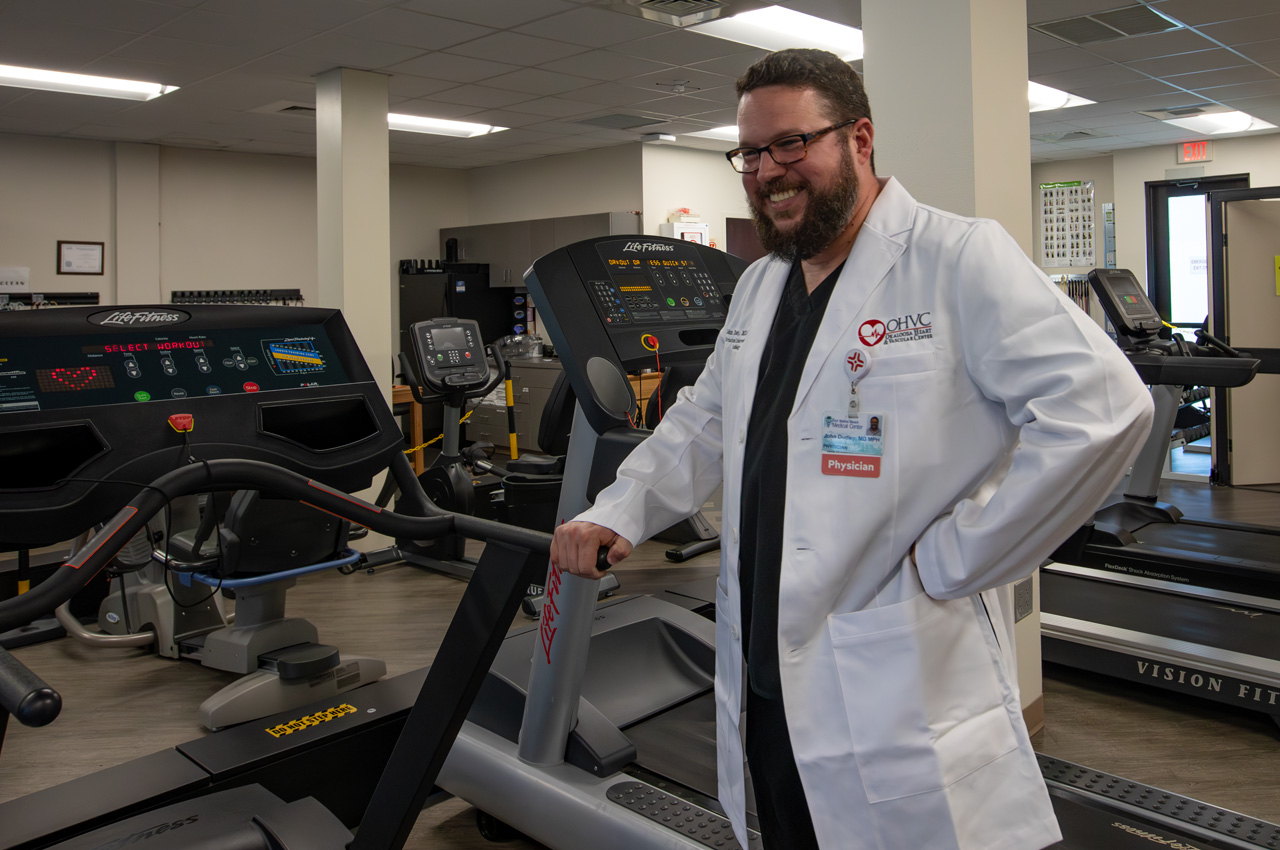
“This ensures the program addresses patients’ specific medical histories,” said Dr. John Dudley, a structural and interventional cardiologist with the hospital. “Some people have near-normal heart function and can start at a higher activity level. Others with severe limitations require a slower build-up.”
The most common cardiac conditions and procedures requiring rehabilitation include cardiomyopathy, chest pain, congenital defects, artery disease, stenting, heart attack, transplant, valve replacement and peripheral artery disease.
Cinthia Hayden, a registered nurse who directs the program, said patient volumes continue growing. The center worked with 500 new referrals last year, though not all completed the full program.
- “We currently have 117 patients actively in rehab,” Hayden said. “They attend sessions two or three times per week, exercising about an hour per visit.”
A standard 36-session rehab course maximizes insurance benefits, according to Hayden. But for patients needing extended recovery, like veterans with additional VA coverage, Hayden tailors plans to facilitate continued progress.
The center also offers maintenance programs allowing graduates to pay affordable “gym-like membership fees” for ongoing access. Hayden has patients who have continued supervised workouts for up to three years.
Dr. Dudley includes rehab referrals when discharging heart attack patients, given what he says is ‘undisputed research’ showing improved five-year survival rates for those completing programs versus those who do not. But demographic disparities, like lower participation rates among women, highlight the need to standardize referrals.
“By removing any gap in the process, we can hopefully eliminate disparities,” Dudley said. “If rehab was a pill to reduce mortality by 35%, patients would take it without hesitation.”
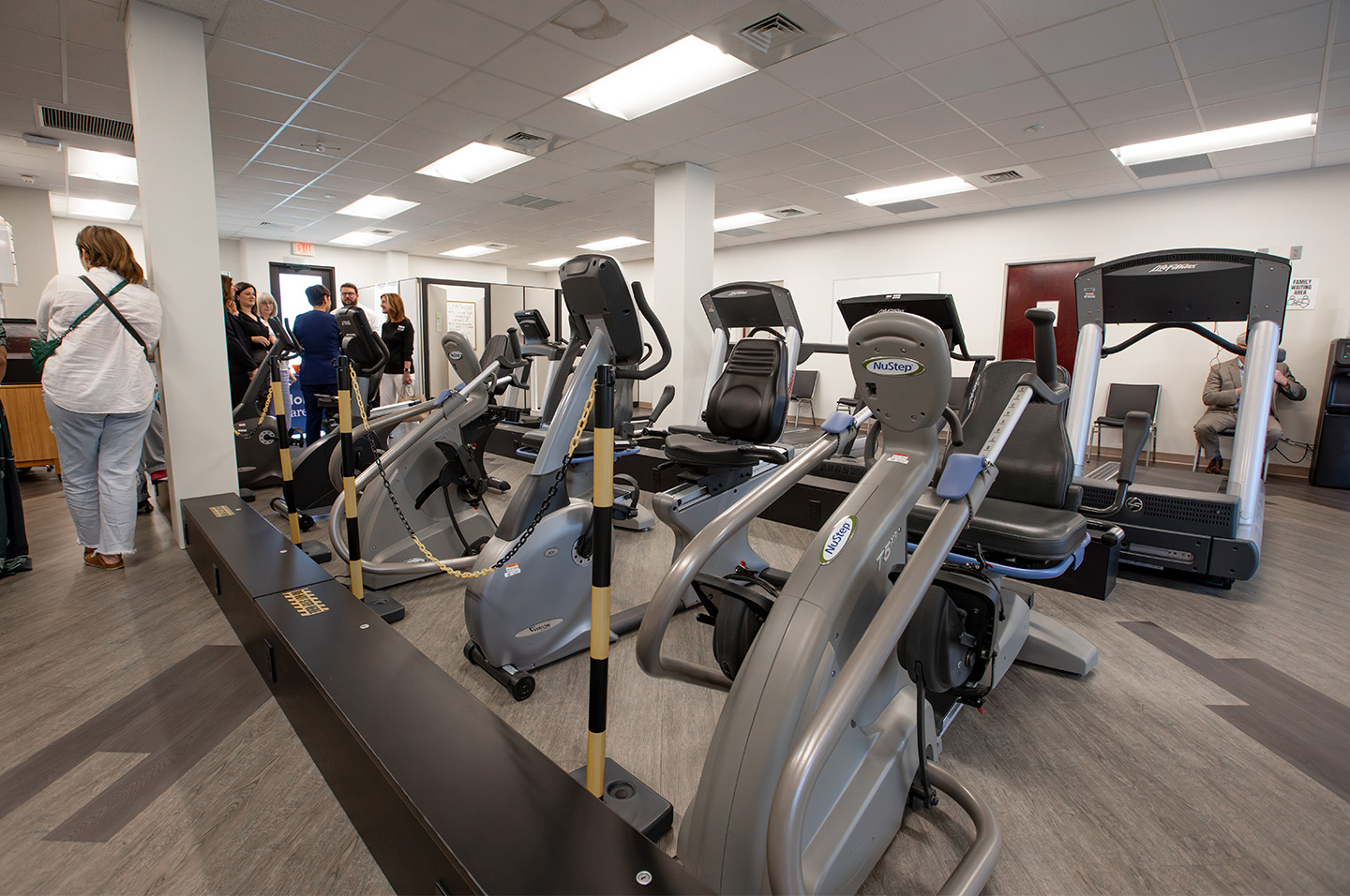
Streamlining the referral process also strengthened bonds between the rehabilitation staff and hospital cardiologists.
- “We have a great camaraderie and passion around delivering excellent cardiac care,” Dudley said. “We function as one cohesive team, which is imperative for optimal patient outcomes.”
Long-time local resident Sonia Garbo, a rehabilitation patient, credits the family-like atmosphere at the center for saving her life earlier this year.
In January 2023, Garbo’s husband woke to find her unresponsive with fixed eyes and barely breathing. He immediately started CPR and called 911. First responders used an automated external defibrillator to try shocking Garbo’s heart back into rhythm.
In the emergency room, though initial tests showed nothing of concern, Garbo suddenly coded. The cardiac team performed additional defibrillation shocks, inserted a breathing tube and urgently transferred her to the cardiac catheterization lab.
- Interventional cardiologist Dr. George Youssef identified a 100% blockage in a major heart artery which he reopened by placing a stent. Garbo remained unstable, require close monitoring and medications.
Within days, Garbo was cleared for rehabilitation to recover. She attended rehab sessions three days per week, gradually increasing endurance while learning strategies to pace her activity levels and heart rate.
“I focused on getting as much as I could out of the program during the time allotted,” she said. “The staff cheered me on while keeping me accountable.”
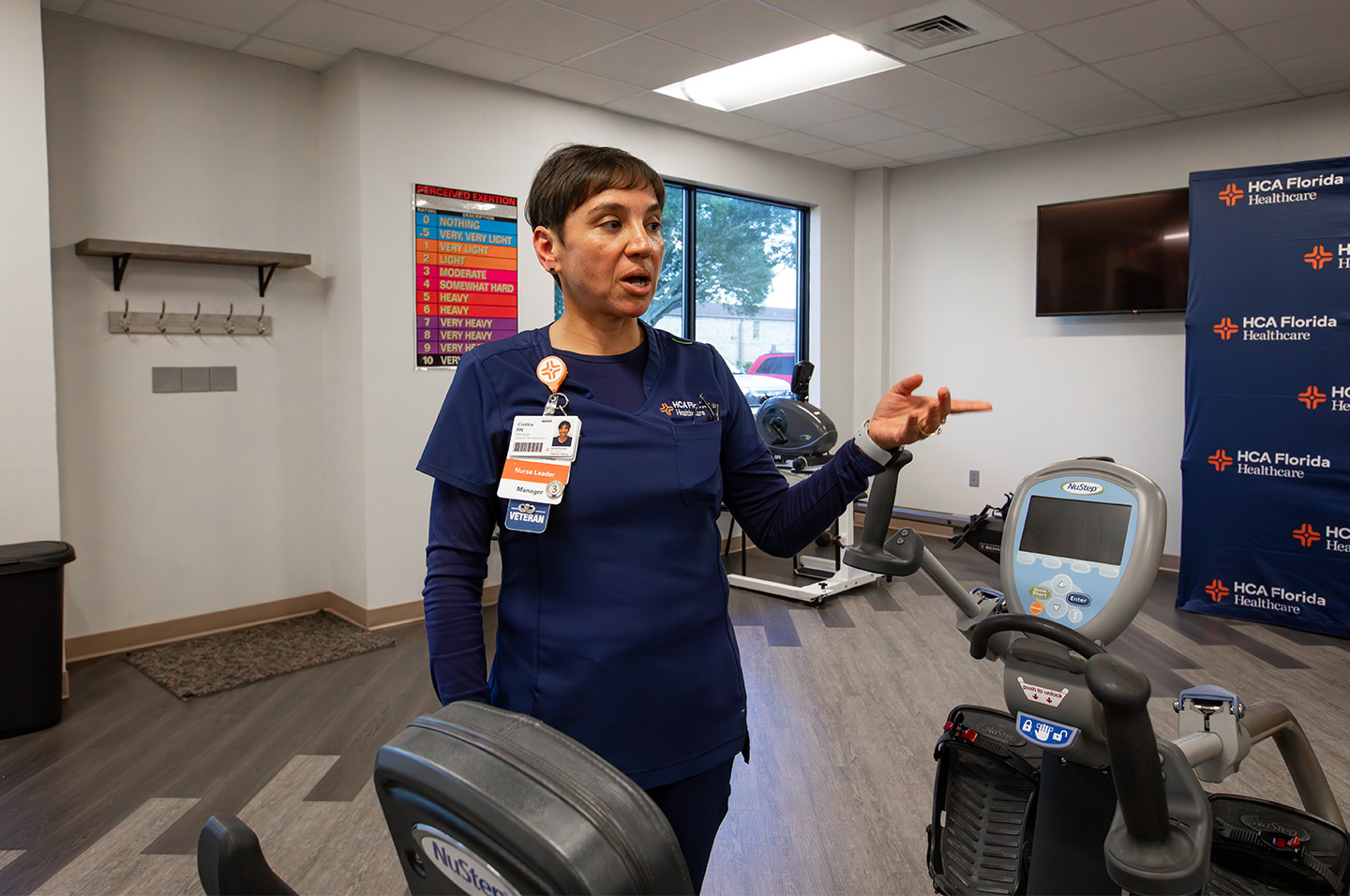
Four months into her rehabilitation, Garbo felt like she was not getting better, taking “two steps forward, one step back.” Her heart attack had caused atrial fibrillation (AFib) to become more pronounced, making it harder for her to progress.
“My heart rate would increase to around 183 beats per minute,” Garbo recalled. “The staff here would be monitoring me and tell me when I was not going to be able to finish my cardio therapy.”
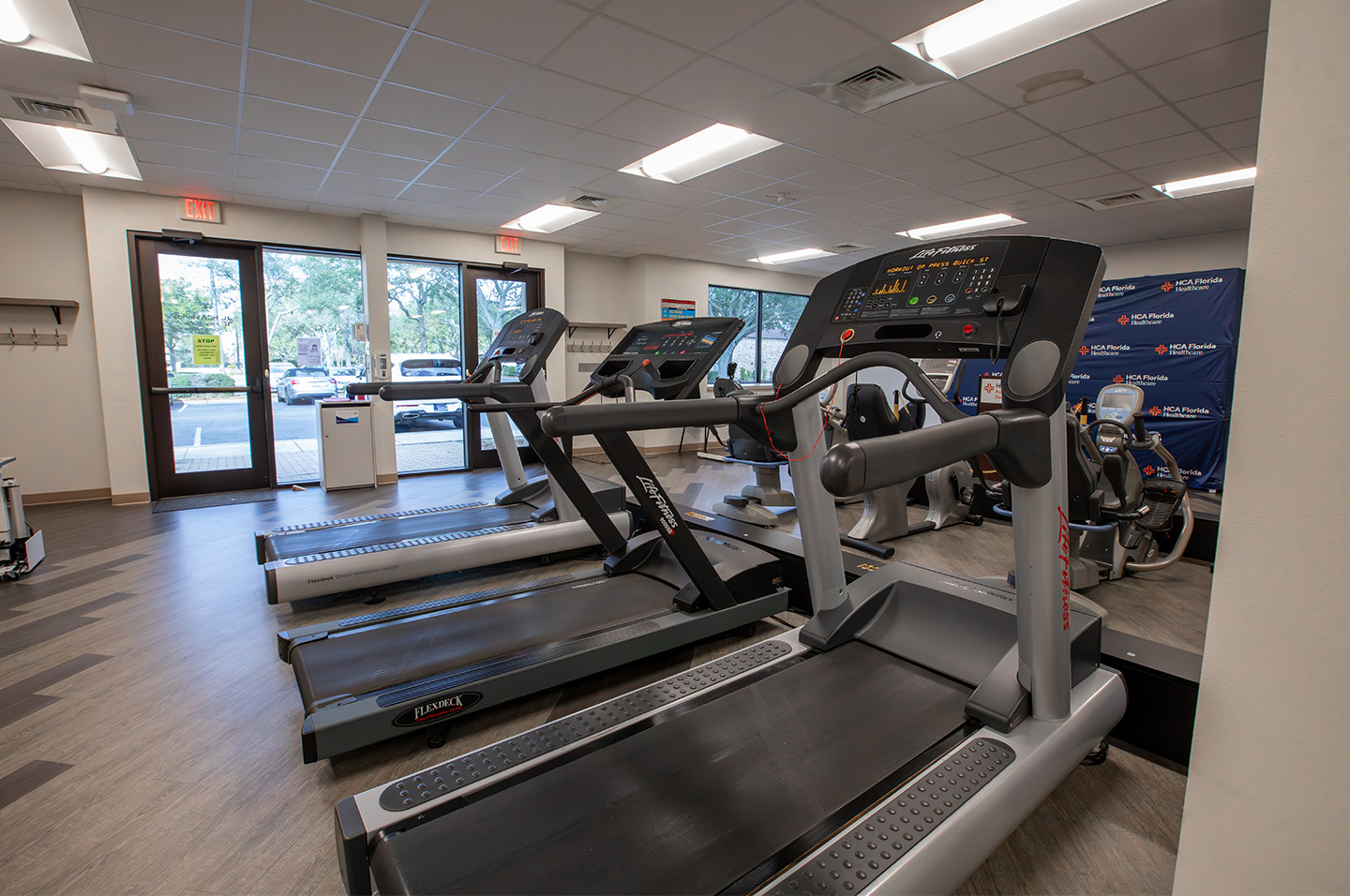
After these incidents, her doctor determined Garbo needed an ablation procedure to address her AFib. The procedure took five hours, and after recovering, Garbo was able to return to rehabilitation.
- “I finally started moving forward,” she said. “And the staff here started noticing too. I come three times a week, and I just started doing things at home. They encourage me, and I got more motivation to do it at home because I started feeling more confident.”
Now, nine months since her heart attack, Garbo participates in the rehabilitation program’s Phase III, where she continues her workout sessions for extended care needs.
“I felt like if I don’t show up, they’re going to call me and make sure I’m alright,” Garbo said with a smile. “I feel accountability when I’m here.”

